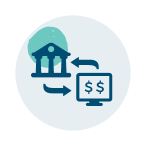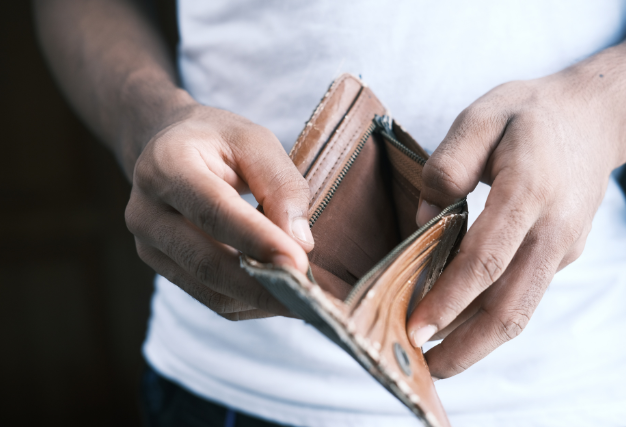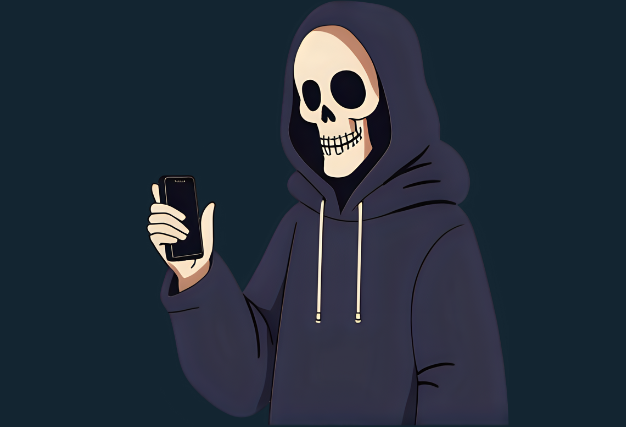by LSS Financial Counseling
Many individuals and families struggle with the same dilemma: the need to build up savings AND pay down debt. Which should you focus on first?
There’s not a simple answer for everyone; it truly depends on your individual financial situation. However, if your finances are stable overall except for having some debt to pay off, then the answer is BOTH.
Why should I save AND pay off debt at the same time? Your gut instinct might be to focus on paying off debt before focusing on building up emergency savings. I’ll admit that prior to working at LSS Financial Counseling, I felt the same way. I thought I should do one and then the other, because obviously it’s easier/more affordable to keep up with bills when credit card debt is paid off.
So, why should you simultaneously pay off debt and set aside money in savings? Without savings, an unexpected expense can lead to accruing new debt or adding to existing debt. Therefore, if you have no money in emergency savings, it’s time to make it a priority.
How can I afford to do both? This is the least fun part of this particular blog. No one wants to be told to stop dining out, going out with friends or buying beverages from coffee shops. That said, if you have zero dollars or only a little money in savings, consider prioritizing and reducing some spending. When you cut out expenses, track what you’d normally spend at the coffee shop, restaurants, etc., and add that amount to a separate emergency savings account each week, biweekly or monthly — depending on what works best.
Keep in mind that this is temporary. Once you feel good about what you have in savings, you can spend a little more on fun things. In the end, you might find you only want to dine out once a week or every other week — because the peace of mind of having savings to fall back on feels great. What debt should I focus on paying off first? There’s no right or wrong answer to this question.
Many Americans are living paycheck to paycheck, and for some people, it might be due to making credit card or other debt payments. Paying off one of those debts is a great way to give yourself some wiggle room in your budget. So, you could start by focusing on paying off the debt with the smallest balance. Do your best to make more than the minimum payment whenever possible, too.
This will help you pay off that debt faster. If you aren’t worried about a tight budget, you might want to consider working on paying off the debt with the highest interest rate. While that might not get rid of a monthly payment as quickly, it will help you save more money on interest charges in the long run. When should I focus only on paying off debt?
Trying to afford credit card payments is tough for a lot of people. If it gets to the point where you fall behind, it will negatively affect your credit. You’ll start receiving collection letters and calls, and if you’re unable to catch up, non-payment of collection debt can lead to judgments and wage garnishment. If this is a possibility in your situation, then it’s best to focus on paying off debt (especially the one that you are worried about the most).
When should I focus on saving first? If you have no emergency fund, it’s crucial to save so that you can avoid new or more debt while making the minimum payment(s) on your debt(s). If you only have secured debt, such as a mortgage loan, car loan and/or student loans with low interest rates, then saving first might make more sense, especially if you have nothing in savings for emergencies.
Saving AND paying off debt is best With all of that said, try to do both if you can. Both paying off debt and setting aside money in savings will help you gain financial stability now and in the future. Having three to six months’ worth of expenses in emergency savings is the best way to prevent a financial crisis.
However, if you’re trying to pay off debt at the same time, aim for $500-$1,000 in your emergency fund so you at least have a small safety net in place. Then, when you’ve taken care of debt, make savings your main priority. And don’t forget about retirement savings, too!
A great way to pay down debt faster and save money is a Debt Management Plan (DMP). With a DMP, you can often receive a lower interest rate on your debt and lower monthly payments. DMP clients typically pay off their debt in five years or less.
Author Elaina Johannessen is program director for Debt Management Plan operations with LSS Financial Counseling.
Call 888.577.2227 to set up a free, confidential appointment, or get started by creating a financial profile.
North Star Credit Union members have access to six free and confidential financial counseling sessions. Let them know that you are a member when you call.




